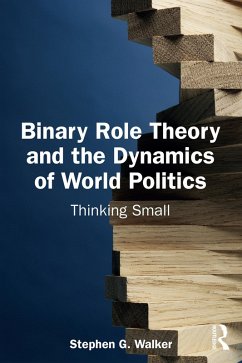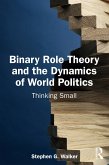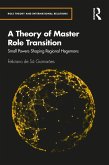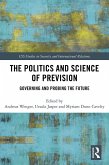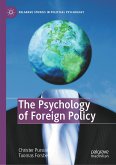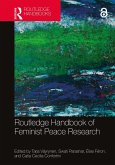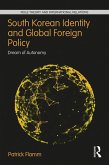Dieser Download kann aus rechtlichen Gründen nur mit Rechnungsadresse in A, B, BG, CY, CZ, D, DK, EW, E, FIN, F, GR, HR, H, IRL, I, LT, L, LR, M, NL, PL, P, R, S, SLO, SK ausgeliefert werden.
Patrick James, Dornsife Dean's Professor Emeritus of International Relations, University of Southern California
"Influenced by quantum mechanics and evolutionary biology, Binary Role Theory brilliantly demonstrates how complex adaptive systems emerge from microlevel interactions. The dynamic interaction of individuals thus explains international systemic outcomes. This deeply learned book is must reading for scholars interested in game theory, binary role interaction, and international relations theory."
Hendrik Spruyt, Norman Dwight Harris Professor Emeritus of International Relations, Northwestern University.
"This book elaborates binary role theory in detail through case studies as a way of linking foreign policy analysis to the study of international relations. This theory explains how leaders, groups, organizations, and states become dyads at regional and global levels of aggregation in addressing problems of war and peace."
Margaret G. Hermann, Gerald B. and Daphna Cramer Professor Emerita of Global Affairs, Syracuse University
"Stephen G. Walker offers binary role theory as an innovative solution to the age-old question of how to unite micro- and macro-level analyses-in this case, foreign policy and world politics, respectively. This well-argued approach combined with empirical applications make for a compelling read for all scholars of International Relations."
Cameron G. Thies, MSU Foundation Professor and Dean, James Madison College, Michigan State University

